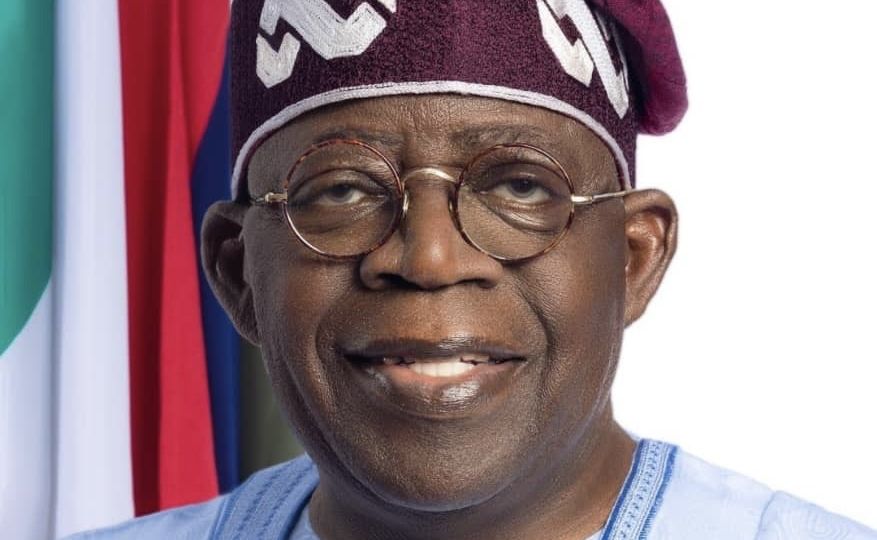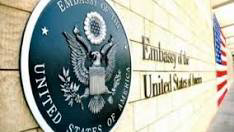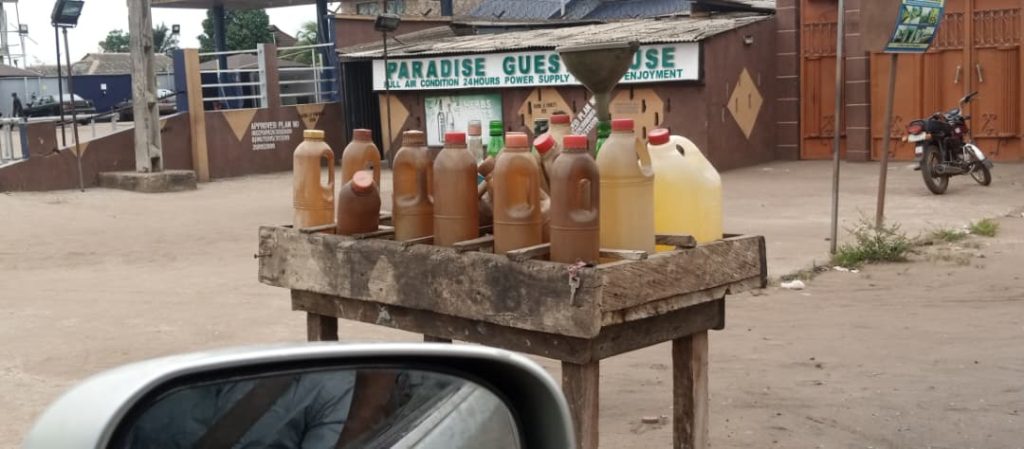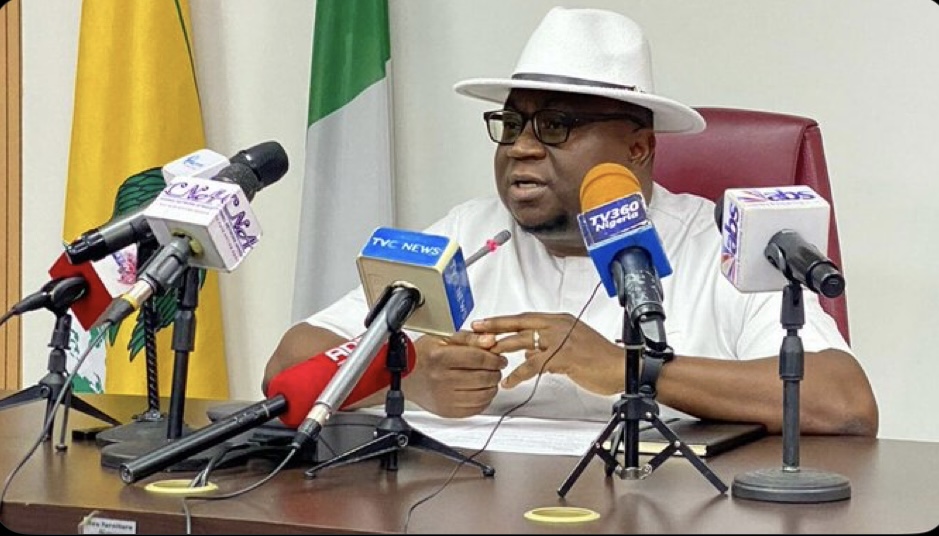2027 Should Have Been Walk in The Park For President Tinubu, But His Inner Circle Says Otherwise

By Bamidele Atoyebi
As Nigeria approaches the 2027 general elections, many would anticipate that President Bola Ahmed Tinubu, having navigated substantial political and economic challenges, would be gearing up for a seamless re-election campaign. However, this seemingly straightforward path is becoming increasingly complicated, not by opposition forces, but by members of his own political circle.
There is a growing sense of detachment among some of the president’s appointees, indicating a misalignment with his vision and a decline in his renowned grassroots connections. Many supporters who were instrumental in his rise feel neglected, overlooked, or entirely ignored. This disconnection is concerning for a president known for fostering relationships and opening avenues.
Political stakeholders, party loyalists, contractors, and many ordinary Nigerians are quietly voicing their frustrations. These grievances stem not only from opposition sentiment but also from those who stood by the president during his toughest times, especially during the challenging 2023 campaign amid fuel shortages, currency redesign chaos, and even intra-party conflicts. Tinubu managed to persevere largely due to unwavering grassroots backing.
Regrettably, many of these supporters now report feeling shut out from the presidency, unable to voice their concerns or share ideas. This situation is exemplified by the recent resignations of Dr. Hakeem Baba-Ahmed and Audu Aliyu, who left after nearly three years without ever meeting the president. If senior advisers feel marginalized, what chance do ordinary party members or citizens have?
This disconnect doesn’t reflect the president’s character—those who know him understand that better. Rather, it points to a troubling trend among some of his inner circle: a gatekeeping culture that separates him from the very people he committed to serve.
The repercussions are becoming evident. Much of the criticism of the government emerging online comes not from opposition parties but from disillusioned supporters. While some voice concerns over missed opportunities, many feel neglected after dedicating themselves to the 2023 cause. This issue goes beyond political rewards to encompass recognition, inclusion, and respect.
Contractors, especially local ones, have voiced their discontent, noting that foreign counterparts are prioritized for payments. These issues could be easily remedied with effective communication, yet that avenue seems obstructed. A simple feedback mechanism could alleviate many concerns.
Veteran figures from Nollywood, crucial in the success of the 2023 elections, including Lalude, Alapini, and Ololade Mr Money, have expressed disappointment, stating that those who rallied them for support have abandoned their promises.
To address these issues, the president should consider introducing a Presidential Suggestion Box—a physical and digital platform, such as the recently provided website by the BAT Ideological Group, where citizens and stakeholders can send feedback directly to the presidency. This system should be structured, monitored, and regularly reviewed to ensure that the public feels heard and appreciated. Such an initiative would improve transparency and help rectify narratives and policies before they worsen.
Moreover, appointing a special adviser for political orientation and grassroots engagement could facilitate communication and foster connections between support groups and the presidency. This role would ensure that information flows effectively between appointees and the public, promoting respectful and efficient dialogue.
Despite these challenges, it is crucial to recognize the positive developments occurring. Nollywood personalities like Prince Jide Kosoko and entertainer Babatunde Bernard Tayo (Baba Tee) have praised the president’s policies. Numerous advisers are diligently working behind the scenes. However, their efforts often go unnoticed because those responsible for sharing these achievements aren’t doing enough.
President Tinubu is a visionary with the strategic capability to unite diverse interests. He has achieved a lot in just two years that time would not permit us to list here. Well, that’s not new to many of us, he has been a great achiever who is big in taking difficult decisions. These tough and enduring decisions have put Nigeria on a steady progress that the unborn generation would forever be grateful for.
Observers who have followed his journey since 2010 anticipated his presidency. While many still believe he can succeed again in 2027, the current issues must be addressed urgently.
This path should have been smoother. The race for 2027 should have been less complicated. Yet, internal obstacles are making it unnecessarily tough.
The president needs to reconnect, dismantle the barriers around him, and rebuild bridges with those who supported him to victory.
Bamidele Atoyebi, Convenor of the BAT Ideological Group, engages in accountability and policy monitoring and is a publisher, social worker, criminologist, and maritime administrator. This message was sent from Abuja.








